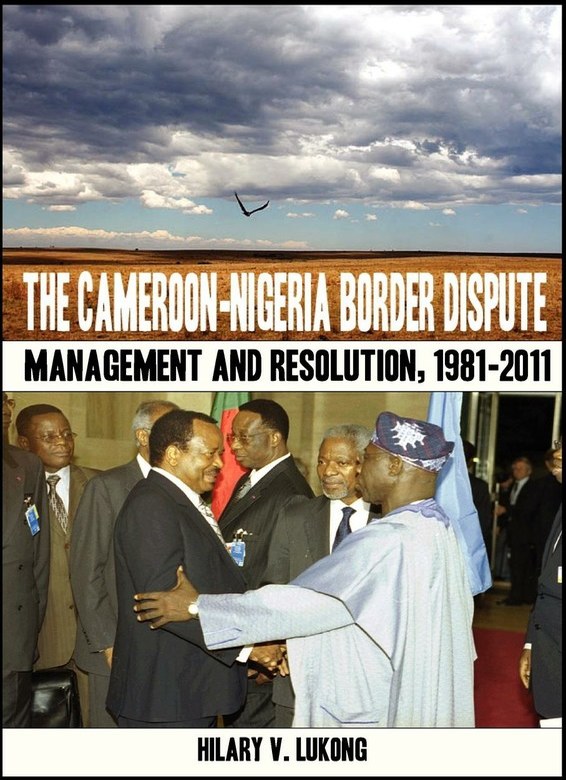written by Hilary V. Lukong
Management and Resolution, 1981-2011
At independence, Cameroon and Nigeria adhered to the OAU principle of uti possedetis juris by inheriting the colonial administrative borders whose delineation in some parts was either imperfect or not demarcated or both. The two countries tried to correct these anomalies. But such efforts were later thwarted by incessant geostrategic reckoning, dilatory, and diversionary tactics in the seventies and eighties that persisted and resurfaced in the nineties with a more determined posture. On two occasions, the border conflict almost boiled over to a full-scale war. First, in May 1981 when there was the exchange of fire between Cameroonian and Nigerian coast guards and second, in February 1994 when Nigeria marched her troops into Cameroon’s Bakassi Peninsula. Elsewhere in Africa, border incidents like these have often degenerated into war. But Cameroon and Nigeria together with the international community managed these protracted incidents from escalating into war.
This book examines the part played by the disputing parties, Cameroon and Nigeria; the mediation, conciliatory and adjudicatory role of third parties; regional and international organisations, in the process of the resolution of the border dispute from 1981-2011. The study situates the nature and dynamics of the dispute historically, and comprehensively explores in detail its causes, settlement and resolution.
| ISBN | 9789956717590 |
| Pages | 236 |
| Dimensions | 229 x 152 mm |
| Published | 2011 |
| Publisher | Langaa RPCIG, Cameroon |
| Format | Paperback |





2 comments
“The primary merit of this book lies in the presentation of the different levels of the conflict from the causes through their management, to settlement and resolution. This in-depth study makes for a compelling and compulsive reading. The book is welcomed as it could serve as a guide for conflict transformation in a globalised world.”
V.G. Fanso, Professor of History, University of Yaounde 1, Cameroon
“This succinct piece of work provides scintillating analysis… The author is to be commended for the profound effort he has implored in the interpretation and reporting of evidence. Scholars, political leaders, conflict management experts and policy designers will savour it with unending avidity.”
Rev. Prof Emmanuel A. Anyambod, Rector, Protestant University of Central Africa, Yaounde